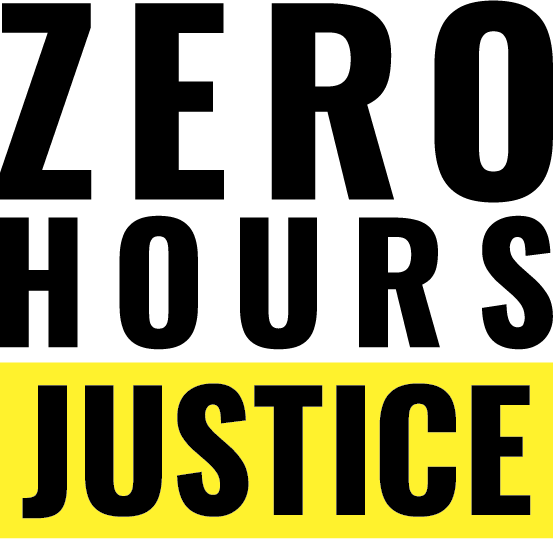|
By Pravin Jeyaraj
Sixty-two percent of people on zero hours contracts are categorised as working part-time. In addition, the data also reveals that, for those zero hours contract workers who are working two jobs, the average weekly number of hours worked is 17.7 hours. Those zero hours contract workers who are only doing one job are working an average of 25.5 hours a week. One argument often put forward by employers in favour of zero hours contracts is that it allows them to adjust staffing levels to match unpredictable business demand. But, if a sizeable proportion of zero hours workers are working full time hours or a weekly average of around 20 to 30 hours, it could be argued that these workers should not be on zero hours contracts. The volume of work available suggests that they should be on permanent or fixed term contracts or contracts for a fixed or minimum number of hours that matches their actual working pattern. Furthermore, the ONS data also reveals that around 50% of zero hours contract workers have been with their current employer for more than two years. If they are also working regular hours or a regular number of hours each week, they really should be on a permanent employment contract. From Zero Hours Justice's own observations of the people who have contacted us for help, many zero hours contract workers end up in regular patterns of work for long periods of time, without necessarily earning the same level of employment rights as permanent staff. Why is this important? In the past 12 months, we have seen employers relying on contractual obligations to decide whom to furlough or make redundant. So, those on permanent employment contracts have tended to benefit from furlough or redundancy pay,. But their colleagues on zero hours or casual contracts simply see their work disappear, even though they may be working like permanent staff. Some employers such as IKEA have furloughed zero hours workers. But other zero hours workers have, with our help, had to fight to be furloughed or receive redundancy pay, not always successfully. After all, if you were an employer, why would you pay someone for work not being done if you have not legal obligation to do so? HOW HAS COVID AFFECTED THE USE OF ZERO HOURS CONTRACTS? During the first lockdown between April and June 2020, the number of zero hours contracts shockingly broke the one-million barrier. But, according to today's ONS data, the number of people of zero hours contracts is back to pre-Covid levels and increasing. For the period October to December 2020, there were 978,000 people on zero hours contracts, compared to 980,000 in the first quarter of 2020. Between July and September 2020, the number of zero hours contract fell from over a million to 957,000 but the end of the year, it it had risen again to the level prior to the first lockdown. BREAKDOWN OF ZERO HOURS CONTRACTS BY INDUSTRY AND OCCUPATION Most zero hours contract workers (40%) work in elementary occupations and process, plant and machine operations. Caring, leisure and other service occupations make up 19% of zero hours contract workers, while 8.6% work in sales and customer services roles.
Source: Office for National Statistics
Comments are closed.
|
contactFor press enquiries or permission to reuse content, please contact: Archives
June 2024
CATEGORIES
All
|
|
Company No: 12417909 Registered Office: 38 Coney Street, York, Y01 9ND
|



 RSS Feed
RSS Feed


